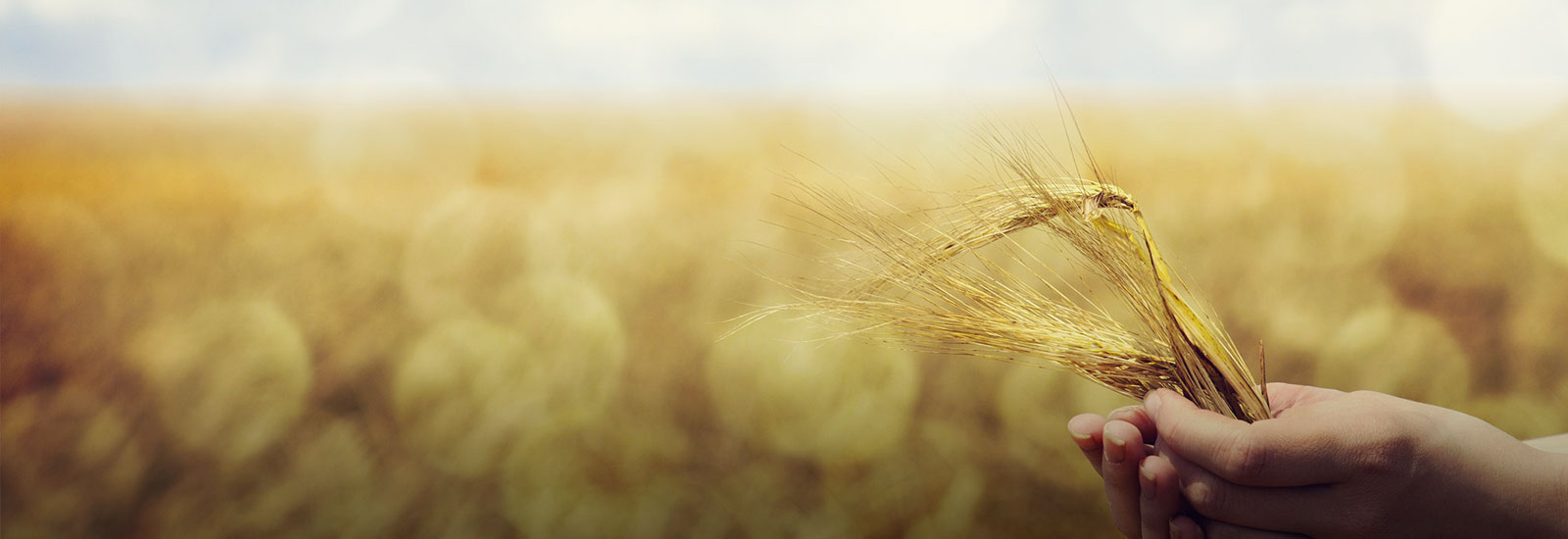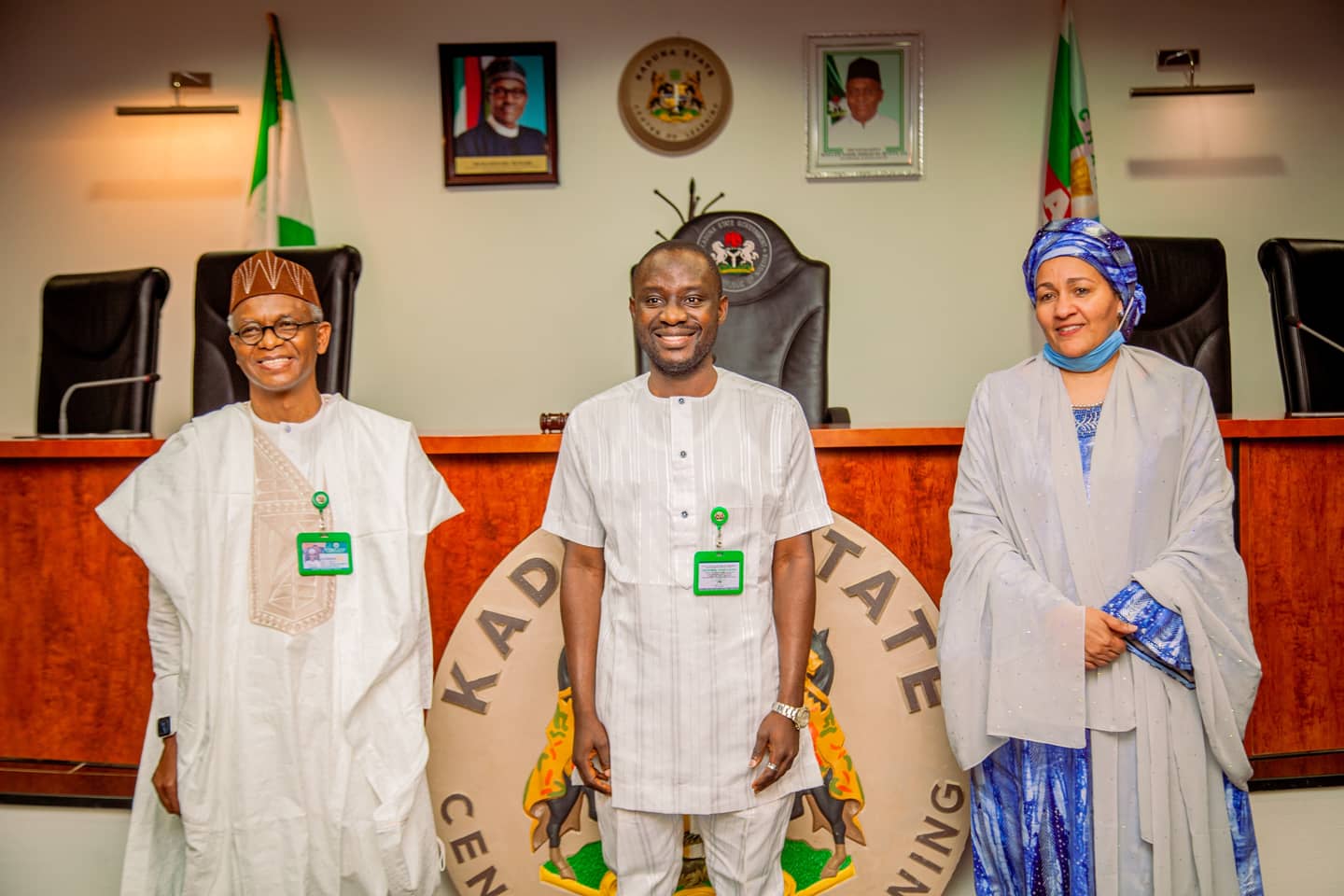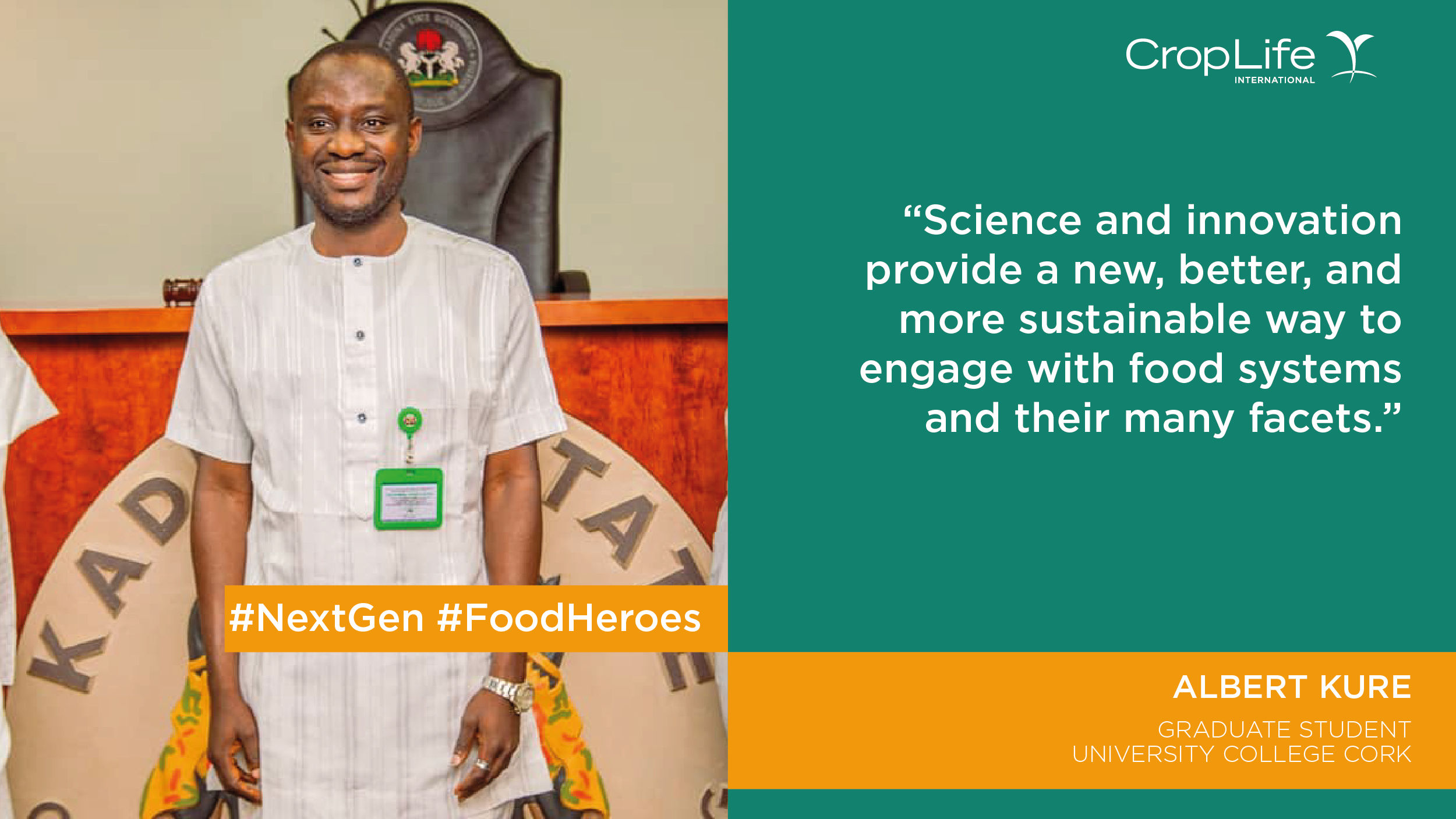
In addition to being a master’s student in Food Security, Policy, and Management at the University College Cork, Albert is the West African Regional Coordinator for the NGO Thought for Food and a special assistant to the Nigerian governor on business, innovation, and technology while also sitting on the board of several food, environment, and leadership organizations.
Tell us a bit about your career. What do you love about your job (or studies if still a student) and how did you get here?
My mother, a food science and technology lecturer, greatly influenced my professional journey. I engaged with her intellectually for many years about things like the preventative advantages of nutritious food, agri-food tech innovation, the need for and ways of translating academic research into products, or new, improved, and more efficient processes. I love what I do because I positively contribute to food systems practice and transformation. It allows me to leverage all the skills and experiences I have gained from being an entrepreneur, agri-food tech business, product development consultant, teacher, facilitator, and mentor. At Thought for Food, I work to shape the future of agriculture and build inclusive, resilient, and sustainable food systems through advocacy, innovation, collaboration, and, most importantly, action. While in Nigeria, I contribute to strengthening systems that support the development and implementation of viable programs and policies, specifically in a Nigerian state with an estimated population of over eight million. I am involved in promoting, regulating, and overseeing the development and expansion of businesses, supporting innovation, and accelerating tech adoption while building vibrant, entrepreneurial, and digital ecosystems in collaboration with private stakeholders, developmental partners, and other public sector actors.
 What advice would you share with young people who hope to contribute to sustainable food systems and farming?
What advice would you share with young people who hope to contribute to sustainable food systems and farming?
To other young people who hope to contribute to sustainable food systems and farming, I always say: start small and start now because, over time, the efforts aggregate.
How does agriculture need to change to be more sustainable?

How can science and innovation help promote sustainability in food and agriculture?
In my view, science and innovation provide a new, better, and more sustainable way to engage with food systems and their many facets, which include production, handling, processing, distribution, storage, consumption, advocacy, and even policy influencing and creation.
In what ways are you leveraging innovation to promote strong food systems? Can you provide specific examples of innovation/technologies that support your work in tangible ways?
examples of innovation/technologies that support your work in tangible ways?
As an ecosystem builder, social advocate, innovation facilitator, and political appointee, I apply systems thinking perspectives and digital tools like TFF Digital Labs. These tools transcend geographic and language barriers to actions such as product and venture creation and management, policy advice, implementation, and evaluation, strategic development, youth mobilization, and capacity building.
Albert is just one of many inspirational young people working in agriculture. Visit our NextGen #FoodHeroes page to hear from other next-gen innovators working to improve plant science and nutrition.


